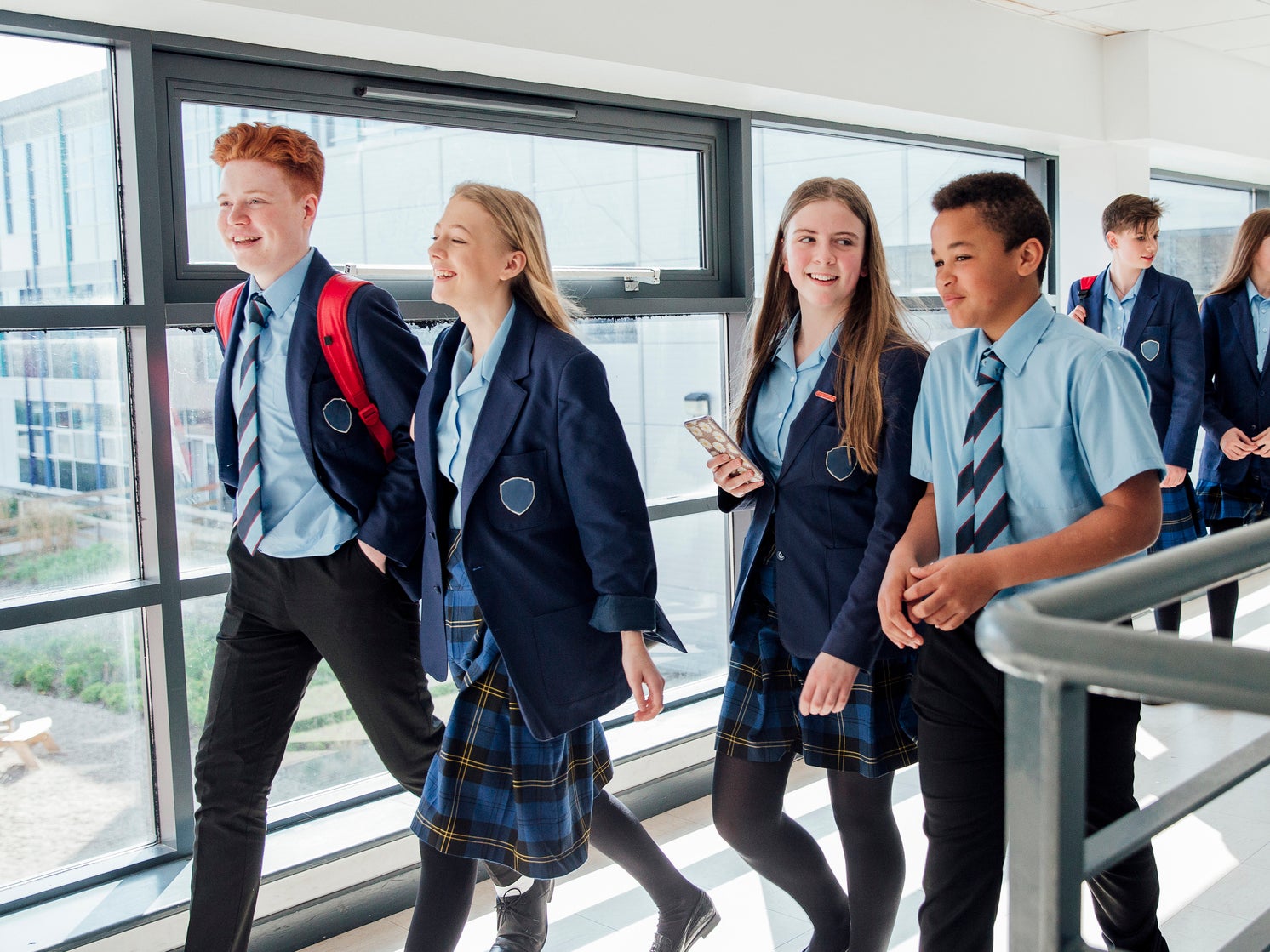Children to be taught mindfulness as mental health trials launch in 370 English schools
‘Services like these can lessen the anxiety, pain and anguish that some teens go through’

Mindfulness, breathing and relaxation exercises are going to be introduced to 370 schools in England in an effort to teach children about the importance of looking after their mental health.
The launch of the mental health trial is one of the largest of its kind in the world, and is being led by the Anna Freud National Centre for Children and Families in partnership with University College London.
The announcement of the scheme marks the beginning of Children's Mental Health Week, which is taking place from 4 February to 10 February this year.
The mental health trial will run in the schools until 2021, and will involve pupils being taught muscle relaxation techniques, breathing exercises and mindfulness.
The government hopes the two-year scheme will provide useful information regarding what mental health practises can benefit students in schools.
"As a society, we are much more open about our mental health than ever before, but the modern world has brought new pressures for children, while potentially making others worse," says education secretary Damian Hinds.
"Schools and teachers don’t have all the answers, nor could they, but we know they can play a special role which is why we have launched one of the biggest mental health trials in schools."
In addition to the 370 schools involved in the trial, young people entering care will also be given mental health assessments to determine what kind of support they may need.
In secondary schools, students will take part in short information sessions either with a specialist instructor or trained teachers.
In primary and secondary schools, pupils will learn a variety of mindfulness exercises, in addition to learning about how to create supportive networks for their peers.
Dr Jessica Deighton, of the Anna Freud National Centre for Children and Families, explains the significance of the large mental health trial.
"This world leading research which, we at the Anna Freud Centre are proud to be leading, will provide that and has the potential to transform mental health promotion in schools across England," Dr Deighton says.

Imran Hussain, director of policy and campaigns at Action For Children, outlines why it's vital for children and teenagers to receive care for their mental health.
"It’s really encouraging to see the government taking action to tackle the children’s mental health crisis by trialling different approaches in schools. We know from our own school programmes how vital it is to step in early with support to stop problems in their tracks," he says.
"Crucially, services like these can lessen the anxiety, pain and anguish that some teens go through, but also reduce their need for intensive support further down the line."
Recent research conducted by University College London discovered that teenage girls are twice as likely than teenage boys to exhibit symptoms of depression due to social media.
Join our commenting forum
Join thought-provoking conversations, follow other Independent readers and see their replies
Comments
Bookmark popover
Removed from bookmarks